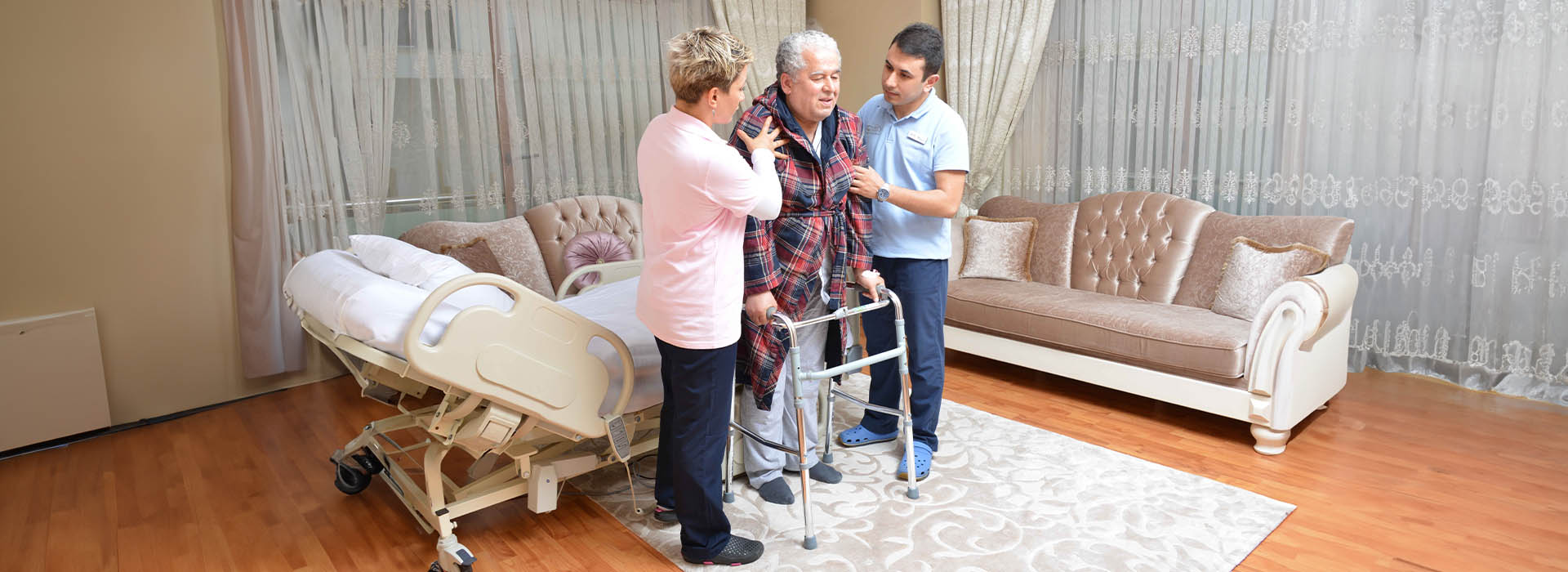If you are personally attending to the care needs of an elderly or ill loved one—or if you already have a caregiver but feel they are not adequately prepared—our Caregiver Training Program at Medical Center is designed for you.
During periods of illness or aging, your loved ones may require not only medical attention but also support for their social and emotional needs. In such cases, receiving professional guidance becomes essential. This training program helps you understand what those needs are, how to plan appropriate care, and where to seek support. It also takes into account the sustainability and economic feasibility of these care services during the decision-making process.
Since there is no structured public support system for caregiving, families often turn to private agencies or individual caregivers with no medical background. Unfortunately, these options frequently present challenges related to lack of knowledge, experience, and professional discipline.
At Medical Center, we understand how difficult and overwhelming these processes can be—and we’re here to support you with professional training for your caregiver.
Offered by our team of expert home care nurses, the Caregiver Training Program is customized to suit:
Your loved one’s specific health condition
Their daily care needs
Your expectations and requirements from the caregiver
Training Program Overview
Our Caregiver Training includes both theoretical and hands-on instruction, tailored to your individual care context. Key topics include:
Understanding the patient’s condition and associated health risks (e.g., aspiration, bedsores, infection, falls)
Medication organization and the importance of accurate administration
Personalized care planning, including how to perform daily hygiene (oral care, hair and body washing, skin care, etc.)
Vital signs monitoring and training (temperature, pulse, blood pressure)
Nutrition and feeding strategies, appropriate for the patient’s condition
Daily living activity planning, including mobility and exercise techniques (active/passive movements, repositioning for bedridden patients, etc.)
Creating a safe and suitable home environment and understanding its importance
During the first training session, all topics are delivered by a home care nurse through practical demonstrations directly to the caregiver.
A follow-up session 15 days later is conducted to evaluate the caregiver’s performance and collect your feedback. In this second visit, we assess:
How effectively the caregiver has implemented the training
Whether their knowledge and skills are sufficient
Overall competence and areas for improvement
If needed, additional training sessions can be arranged to ensure the quality of care meets your expectations.


